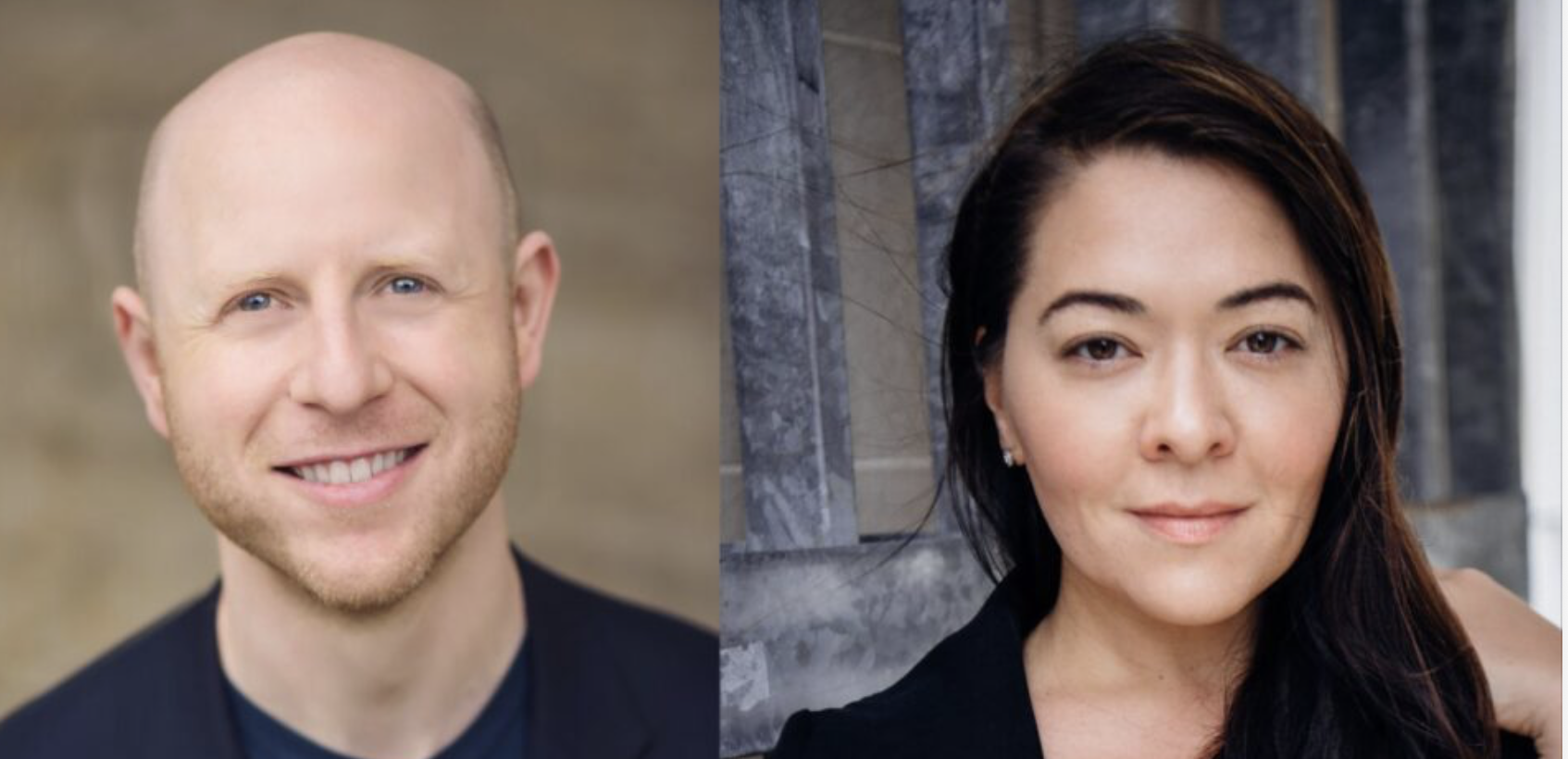|
Recital
ELEGANT VOCAL MASTERY AT ROSES SIGNATURE RECITAL
by Pamela Hicks Gailey
Sunday, February 25, 2024
Recital
DEMANDING SCHUMANN WORK IN MUSIC AT OAKMONT RECITAL
by Terry McNeill
Thursday, November 9, 2023
Recital
RARE RAVEL IN MENDO FESTIVAL'S PRESTON HALL
by Terry McNeill
Thursday, July 20, 2023
Recital
FRENCH FLAVOR IN RARE FOUR-HAND RECITAL
by Judy Walker
Sunday, January 15, 2023
Recital
ASSERTIVE PIANISM IN YAKUSHEV'S OCCIDENTAL RECITAL
by Terry McNeill
Sunday, November 13, 2022
Recital
HEROIC LIM PERFORMANCE AT STEINWAY SOCIETY RECITAL
by Abby Wasserman
Sunday, September 18, 2022
Recital
AGGRESSIVE PIANISM IN MYER'S MENDO FESTIVAL RECITAL
by Terry McNeill
Thursday, July 14, 2022
Recital
UNIQUE ELEGANCE IN GALBRAITH GUITAR RECITAL
by Gary Digman
Friday, April 29, 2022
Recital
ALLURING GLASS WORKS IN WEILL RECITAL
by Terry McNeill
Friday, March 25, 2022
Recital
FORGOTTEN BACH SHINES IN YARDEN'S OAKMONT RECITAL
by Terry McNeill
Thursday, March 10, 2022
|
 |
 J. LaDeur and K. Scharich |
RARE RAVEL IN MENDO FESTIVAL'S PRESTON HALL
by Terry McNeill
Thursday, July 20, 2023
Mendocino’s Music Festival has always featured an eclectic menu through 37 seasons – jazz, pop, country, big band, blues, soul, classical. This year the center of classical music was Ravel with lectures and concerts.
The great French composer was most of the July 20 program in the Preston Recital Hall as soprano Kindra Scharich joined pianist Jeffrey LaDeur to perform before 75 people on a usual splendid coastal summer afternoon. The Festival’s lavishly printed program was printed long before the events, and manifold program changes were expected, and occurred.
Here Ravel got his due quickly with Mr. LaDeur’s pungent playing of the Valses nobles et sentimentales. Well, it’s that kind of work, eight connected pieces with stark contrasts that often were too loud in Preston’s small, hard reverberant space. Those close to the piano received a lot of sound. The slow Assez lent was played with wisps of Debussy, followed by the Modéré with Mr. LaDeur’s accurate right hand skips and deft control of volume. The pianist underscored the jazz elements in Presque lent movement that mimics the opening waltz, and Moins vif sounded atmospheric and with a bit of mystery. There were telling chord progressions over pedal point and clarion right hand notes, and finally in the Epilogue lent a beautiful ending triple piano on a low G.
Ms. Scharich, a frequent SF Bay area collaborator with the pianist, joined him for Purcell’s enchanting Music For a While. Her voice carried well with moody dark colors and a potent ending.
Surprisingly this concert had supertitles, especially needed for Ravel’s Deux epigrammes de Clément Marot and the program closing Histories naturelles. The first epigram was sung almost as a lament, contrasting with the sprightly D’Anne jouant where Mr. LaDeur used a light detaché touch after a long introductory prelude.
Ms. Scharich continued with two George Walker songs – With Rue My heart is Laden and Hey nanny No. Both were short, effective with persuasive top end vocal power, and in the second some juxtaposition of dissonant phrases. At just under two and one-half minutes Cecil Cohen’s Death of an Old Seaman was a somber march, sung in a way that captured grief and with the piano’s big bass chords at the end packed drama.
In an and odd program addition Mr. LaDeur played Schumann’s charming Romance, Op. 28, No. 2, and Brahms’ Op. 4 Scherzo. He had the stamina for the muscular Scherzo, with its echoes of the F Minor Sonata, but the piece seemed out of place on a balmy summer afternoon. Does Brahms’ music need winter nights? The themes in the Schumann sounded warmly and the pianist used continual shift pedal and effective rubato.
The Histoires Naturelles, five movements from 1906 in a set depicting animals, was presumably a Festival premiere, and was sung with virtuosity and much facial expression and body movement from Ms. Scharich. Her bright soprano was especially effective in the Cricket, and the third poem (Swan) with a feeling of gliding on water with hidden propulsion of web feet. In the Guinea Fowl (La pintade) there was a cascade of repeated notes, some raw intonation in places as interpretative choices, and ample vocal personality.
Responding to a standing ovation, the duo performed Barber’s Sure on a Shining Light, Op. 13, No. 3, from 1938. It had a stately character, almost a pean to a coast night sky. Lovely indeed.
|

